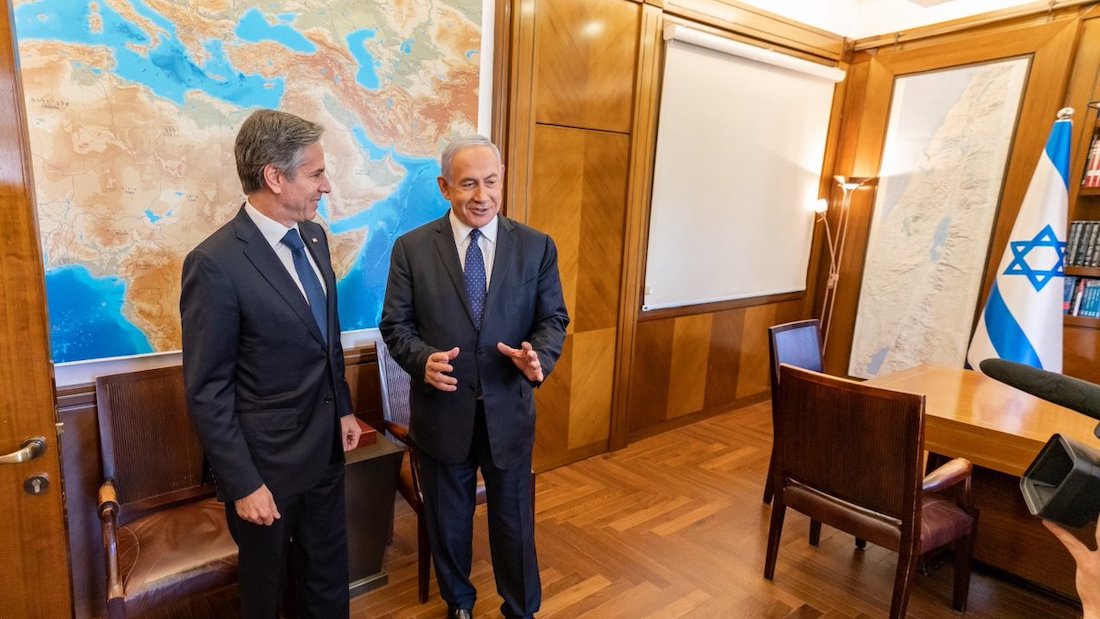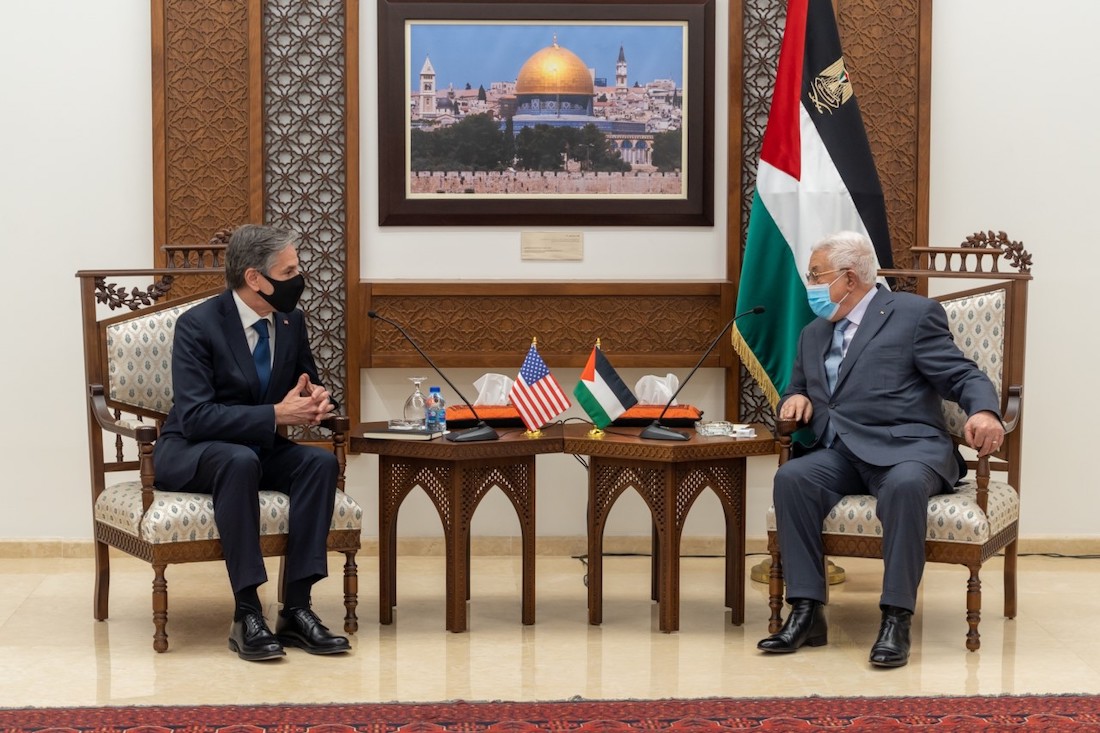History, it is said, repeats itself – sometimes with a twist. The transition, from the short-lived period of American global hegemony to an ill-defined multilateral balance of powers, was not unexpected. But it came much sooner than anticipated. It is already a fact of geopolitical life.
The implications, in a phase of deep uncertainty where democracy is challenged by aggressive autocracies, poor governance, and incompetent populism, are hard to predict. Scholars with an interest in history (an optional subject in many schools) could do worse than dusting off a long-forgotten book published in 1914 and available only in German, Die Großmächte der Gegenwart (great powers of present time).
The author, Rudolf Kiellén, was a distinguished Swedish academic and conservative politician, and he is credited with introducing the term “geopolitics” in political science. Most controversially (by the law of unintended consequences), he is also credited with having provided an ideological underpinning to the totalitarian regimes that emerged – with disastrous effects throughout the last century – from the ruins of the Great War of 1914-18.
The flawed world order imposed by the winning Allies, under the ineffective stewardship of the League of Nations, as it is now clear, was largely the root of the even more horrific World War II with its shameful nuclear dénouement of Hiroshima and Nagasaki. What is not always understood is that the unresolved problems of the 20th century’s two world wars are now spilling over to the third millennium — with potentially devastating effects.
In this changing environment, unreconstructed multilateralism is adding a new dimension of uncertainty to the wreckage caused by the Covid pandemic. The old superpowers of yesteryear, facing any geopolitical challenge or major trade dispute, are fumbling like dinosaurs of another geological age. They are sidelined. Despite their economic and military might, they fail to adjust to the new realities of cyber strategy, consensus manipulation and asymmetrical warfare.

The current stalemate in the Middle East’s explosive crisis between Israel and Palestine is a glaring case in point. It is now temporarily frozen in the face of world outrage, but only because it suited both sides to try and settle political scores, after 11 days of unwarranted massacre of civilians and massive destruction.
Where was the United States, supreme guarantor of all the unsuccessful Middle East peace initiatives of the last 70-plus years? Why is it that as the Americans systematically blocked any resolution that would have declared the illegality of Israel’s air attacks on Gaza, the United Nations did in effect raise its hands – and not act?
Eventually, with over 350 innocent Palestinian civilians killed including the elderly, women and children, over 50,000 Gazans made homeless by Israeli warplanes, and Hamas responding with over 3,000 rocket attacks on Israeli cities, both sides cynically declared “mission accomplished” after the pointless ritual of a General Assembly emergency session.

Both Hamas and Netanyahu, in truth, had acted out of naked self-interest. The Hamas fighters knew that their primitive rockets — most of which missed their target or were destroyed in flight — were no match for Israel’s formidable war machine. Their objective was political: to discredit the elderly Palestinian leader Abu Mazen and put pressure on Israel, even at the cost of a few hundred innocent Palestinians being killed — expendable “collateral damage”, of course.
Likewise, Netanyahu’s aim was totally self-serving and political. Facing his fifth (and now failed) attempt to form a government with the support of the ultra-religious right, through his ruthless campaign of “surgical bombing” of Gaza he hoped to “break the back of the terrorists” once and for all and persuade the voters that only he could keep the Israelis safe from the Arab threat.
The gambit of Netanyahu however ended in failure. Minutes before, the two parties had implicitly acknowledged — by declaring an unconditional truce — that the “asymmetrical” war was an unwinnable massacre. Hamas, for the first time, managed to pierce the supposedly 100 percent safe Iron Dome with a single rocket that exploded in Tel Aviv, Israel’s most important city.
It was left to China, as monthly chair of the UN Security Council, to steer the 73 year-long Palestinian debate towards plain common sense. “The root cause of the deterioration,” – said Beijing’s Foreign Minister Wan Yi – “is that for a long time there has not been a just solution to the Palestinian issue.”
The Great Powers, as well as the United Nations, kept themselves away from the real action. They were simply bit-players in the Palestinian tragedy that — if one takes the long view — commenced over 100 years ago with the 1917 Balfour declaration. Egypt, an iron-fisted autocracy, closed the deal and mediated the ceasefire. The truce, of course, does not mean that real peace is any closer.
© 2021 La Voce di New York – Longitude Magazine












